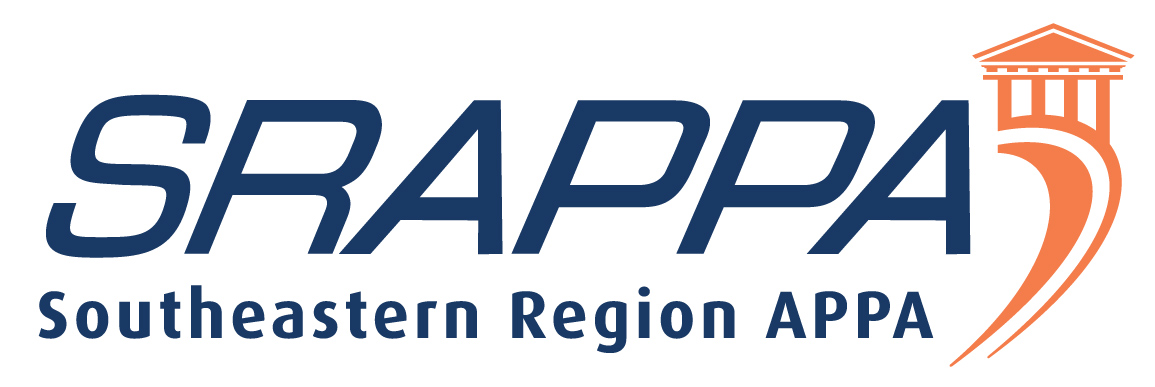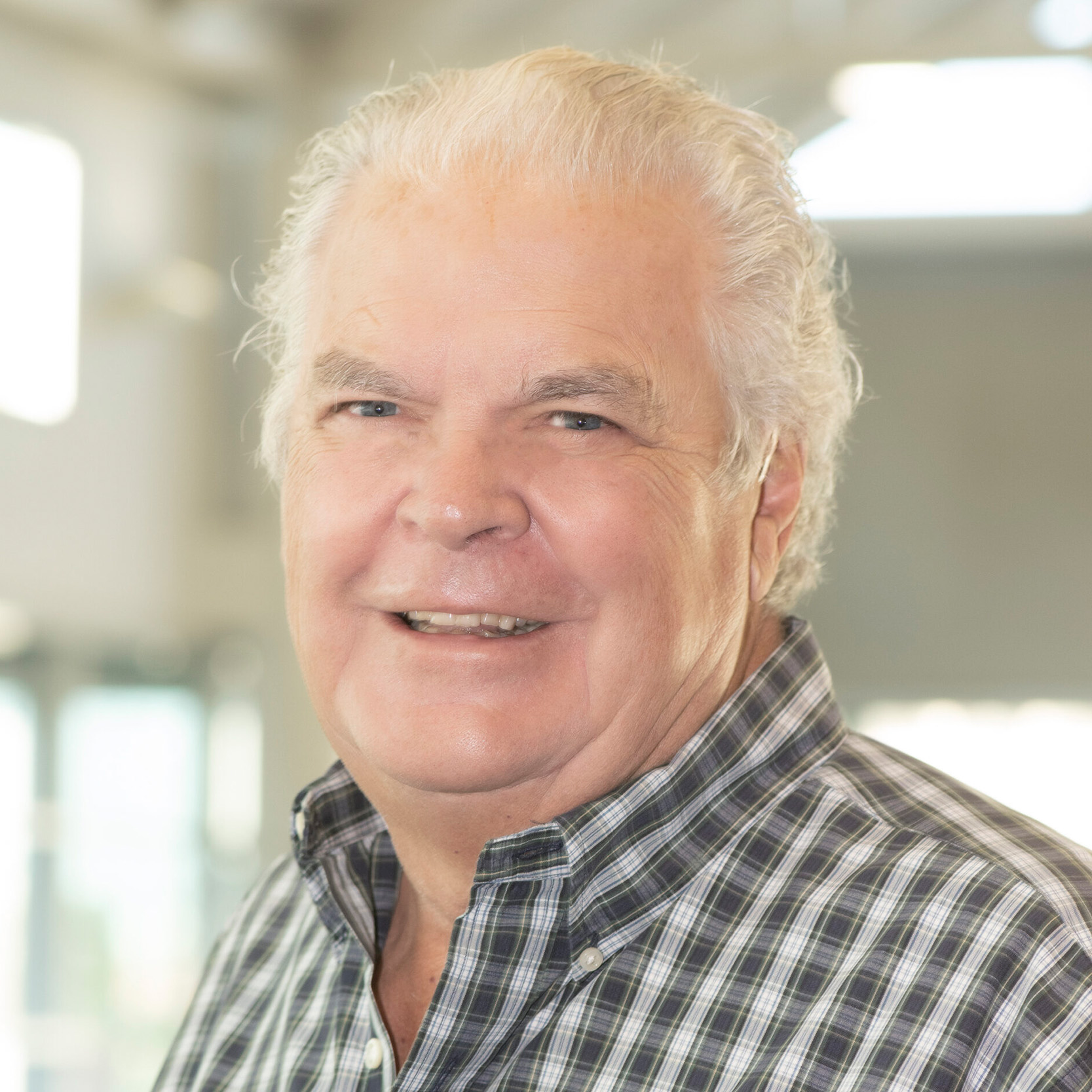
Charles (Chuck) S. Farnsworth
Senior Director of Learning Development, APPA
Unwavering commitment to organizations motivated Chuck Farnsworth to develop Result Driven, High Trust, Principle-Centered Environments, Valuing People, as a means to solve the complex issues facing organizations today.
Chuck’s longstanding reputation gives him national recognition as a lecturer, teacher, and facilitator. Clients appreciate his straightforward style coupled with his keen sense of humor. They value his expertise in management, interpersonal relations, finance, collective bargaining, and leadership training.
Session Title:
Developing "Ready Now Leadership"
Abstract:
We will discuss how to identity and develop Leaders of Leaders in todays organizations.
We will explore such issues as: Why are many in organizations are “Over Managed and Under Lead”
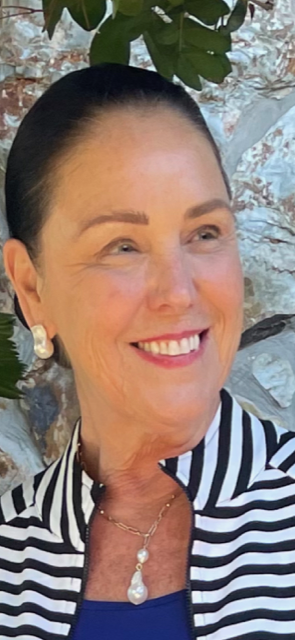
Paula Farnsworth
APPA
Paula served as Senior Vice President of Delivery and a Senior Consultant/Coach at Franklin Covey Company for over 18 years, managing the training consultants, and developing a wide range of client facilitator curricula. As a master facilitator, content developer and coach, she has a reputation for exceeding client expectations. Paula currently serves a Senior Consultant and Dean/Provost of APPA’s Leadership Academy. Paula resides with her husband Chuck in Osprey, Florida. They love traveling, boating, and spending quality time with family and friends.
Session Title:
Inspire Trust
Abstract:
This session will focus on how to shift from the old model of Command and Control to a new leadership style of Trust and Inspire. Trust and Inspire starts with the belief that people are creative, collaborative, and full of potential. A Trust and Inspire approach shifts the model from managing others to leading people, from position to influence, from controlling to trusting, from motivation to inspiration. We will identify barriers and fundamental beliefs of and discover the potential unleashed by Trust and Inspire Leaders.
Bruce Lindsay
Trane Technologies
Bruce.Lindsay@tranetechnologies.com
Session Title:
Capture These Tax Credits
Abstract:
The Inflation Reduction Act of 2022 (IRA) modified prior investment tax credits (ITC) for energy projects to allow tax-exempt organizations a method to obtain direct payments from the IRS. K12, colleges, and universities as well as local government, state government, and tribal nations can capture these tax credits. This extended the 30% ITC for solar, wind, electric vehicles, and geothermal. It also expanded the 30% ITC to include microgrids, CHP, and energy storage, and specifically included thermal energy storage. The IRA also added bonus ITC of 10% if the project exceeds a US content threshold and another 10% if the project in located in an energy community. A new requirement for these tax credits is compliance with prevailing wage and apprenticeship programs (<1 MW).
The IRA will encourage the adoption of thermal energy storage systems, most of which can achieve a 40% ITC. A chiller with thermal storage will cost significantly less than a conventional chiller plant without storage. All of the components of the thermal storage system, including tanks, piping, CEP controls, glycol, ice-making chiller, and concrete pad/building, and installation qualify for the 40% tax credit. It is a game changer for facilities.
The IRS released its Form 3468 in April, 2022, that defines the submittal process and documentation. Several projects are currently submitting the paperwork to receive the investment tax credits.

Charles (Chuck) S. Farnsworth
APPA
Unwavering commitment to organizations motivated Chuck Farnsworth to develop result driven, high trust, principle-centered environments, valuing people, to solve the complex issues facing organizations today.
Chuck’s longstanding reputation gives him national recognition as a lecturer, teacher, and facilitator. Clients appreciate his straightforward style coupled with his keen sense of humor. They value his expertise in management, interpersonal relations, finance, collective bargaining, and leadership training.

Paula Farnsworth
, APPA
Paula served as Senior Vice President of Delivery and a Senior Consultant/Coach at Franklin Covey Company for over 18 years, managing the training consultants, and developing a wide range of client facilitator curricula. As a master facilitator, content developer and coach, she has a reputation for exceeding client expectations. Paula currently serves a Senior Consultant and Dean/Provost of APPA’s Leadership Academy.
Session Title:
Leadership Academy Level I: Developing "Ready Now Leadership"
Abstract:
Level I helps your institution achieve sustained superior results by focusing on making individual leaders more effective. The most successful teams and organizations are led and driven by the character, strengths, and talents of their individual members. Developing that strength of character and releasing individual potential is an inside-out process. Level I helps participants explore their values and highest priorities, increase productivity by staying focused on those priorities, improve leadership skills and trust-based relationships, and achieve a healthy work/life balance. Participants will discover that the pursuit of effectiveness will have enduring positive impacts on both their personal and professional lives. This level includes a 360-degree benchmark providing participants with feedback from managers, peers, and direct reports and clear indicators of their top strengths as well as areas to target for improvement.
Skills Learned
- Leaders learn to be effective leaders, not victims, and are responsible and accountable for their actions and subsequent consequences.
- Leaders learn to live by a personal vision, mission, and values commitment that serves to guide their life.
- Leaders learn that credibility and integrity stem from personal trustworthiness that is demonstrated in all they say and do.
For information about Academy on Campus click here.
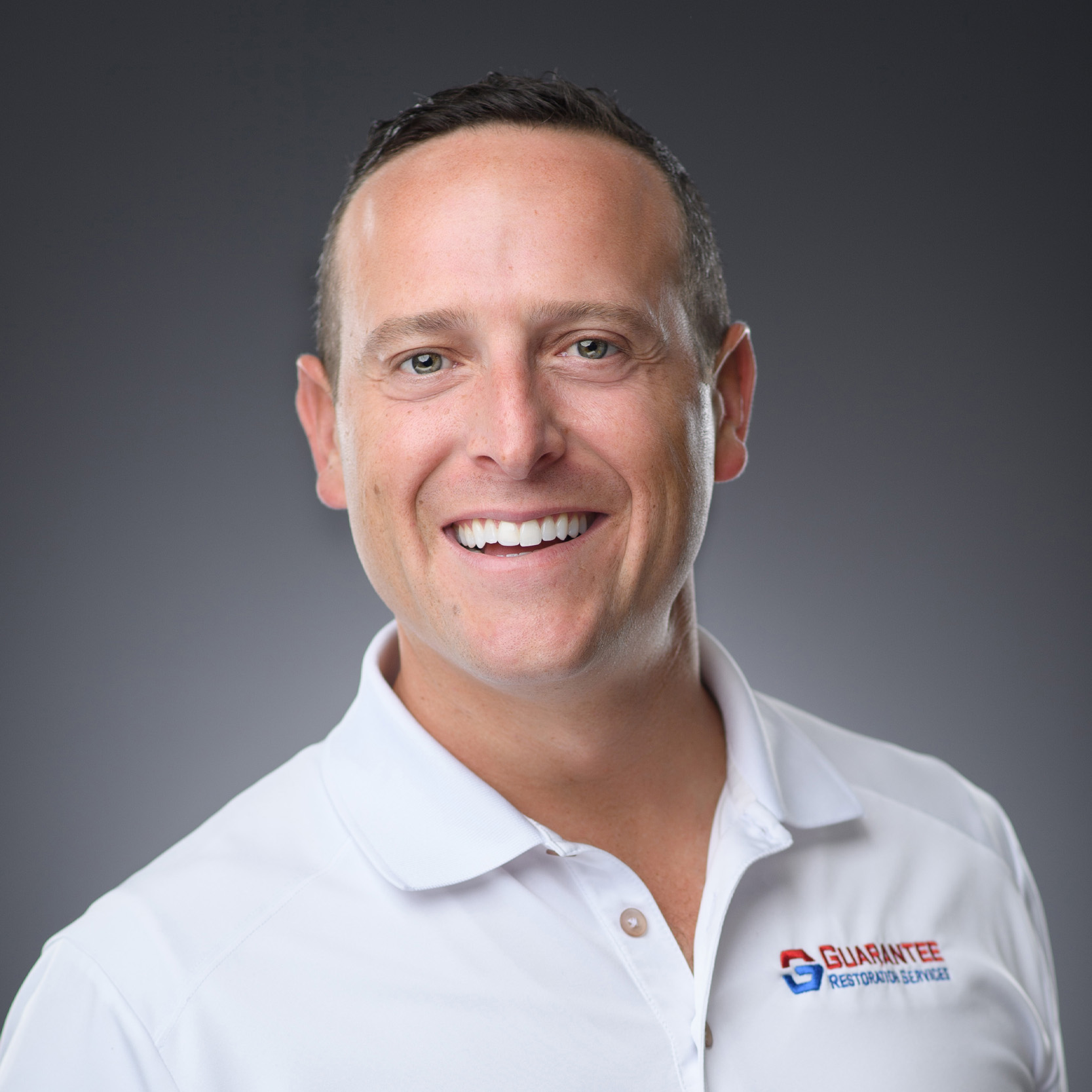
William (Shawn) Folks
CEO, Guarantee Restoration Services
shawn@guaranteerestoration.net
Shawn Folks is the Chief Executive Officer and Owner of Guarantee Restoration Services. GRS is a full-service water, fire, and mold restoration company based in Baton Rouge, La. In 1974, his parents, Chunky and Ellen, started Guarantee Restoration as a carpet cleaning business. Shawn has worked for the company in several capacities for about 35 years, starting as young as five. In 2014, Shawn took over his parents’ business as CEO, a role he continues to serve today. Since taking over, the company has expanded from one corporate office to 6 locations in Louisiana, Mississippi, and Alabama.
Session Title:
What To Do Following a Disaster or Loss
Abstract:
After the end of the 2023 Hurricane Season, you might find yourself asking questions about the education facility that you manage. Do your facilities have a plan in the event of a disaster or loss? What are the first steps in developing a plan? How do you respond immediately following the disaster or loss? This session will help you create a plan for your educational facility in the event of a disaster, and it will walk you through what to do in the first 100 minutes, 100 hours, and 100 days following a disaster or loss.
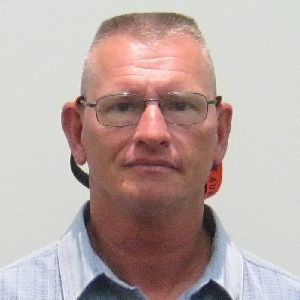
Bruce Arnold, CEFP
Assistant Director of Maintenance, Auburn University
Bruce has been in his role at Auburn for over 7 years. He is a 1983 graduate of Auburn University with a degree in Civil Engineering. He them served in the United States Air Force for 24 years in a variety of facilities management positions from Design, Construction Management, Environmental Management and Operations including Commander of the 36th Civil Engineering Squadron at Guam and retired as a Lieutenant Colonel while serving as the Deputy Director of Installations for Central Command Air Forces. Bruce is currently working to become a certified instructor for Supervisors Toolkit.
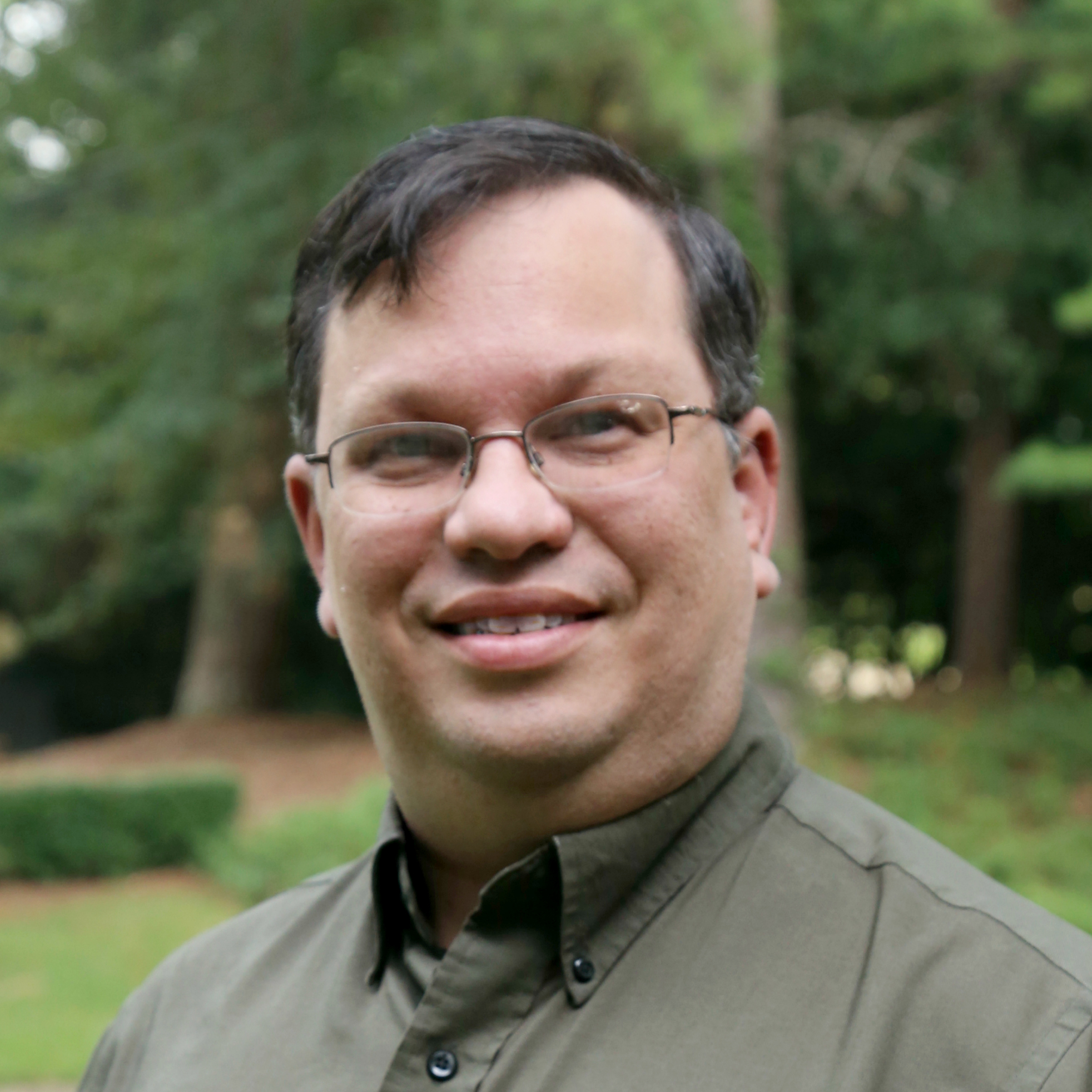
Rob Stanford
Senior Application Systems Analyst, Auburn University
Rob has worked with Auburn’s Facilities Management for 10 years. He is an administrator of several enterprise software systems that help Auburn employees do their job. His responsibilities also include helping improve business processes within Facilities and supporting other campus stakeholders. Rob enjoys working as part of a team and believes in hard work, but also finds a way to have fun doing it. He is an avid sports fan; particularly baseball. When he is not cheering on his favorite team, he also finds joy hiking in the woods, attending a concert, or traveling with his family.
Session Title:
Operations & Technology Team: Collaborating to Level Up Efficiency
Abstract:
How much time do you spend tracking down information? How often are you frustrated by technology issues you feel you have to solve on your own? Ever wish your business processes could be more efficient and improved? Auburn University will share how it’s Operations team works in coordination with it’s Technology team to provide important data analytics, improved business processes, and minimal time troubleshooting technical issues. Learn how this partnership can provide better visibility into campus operations and superior customer service to campus clients by leveling up efficiency.
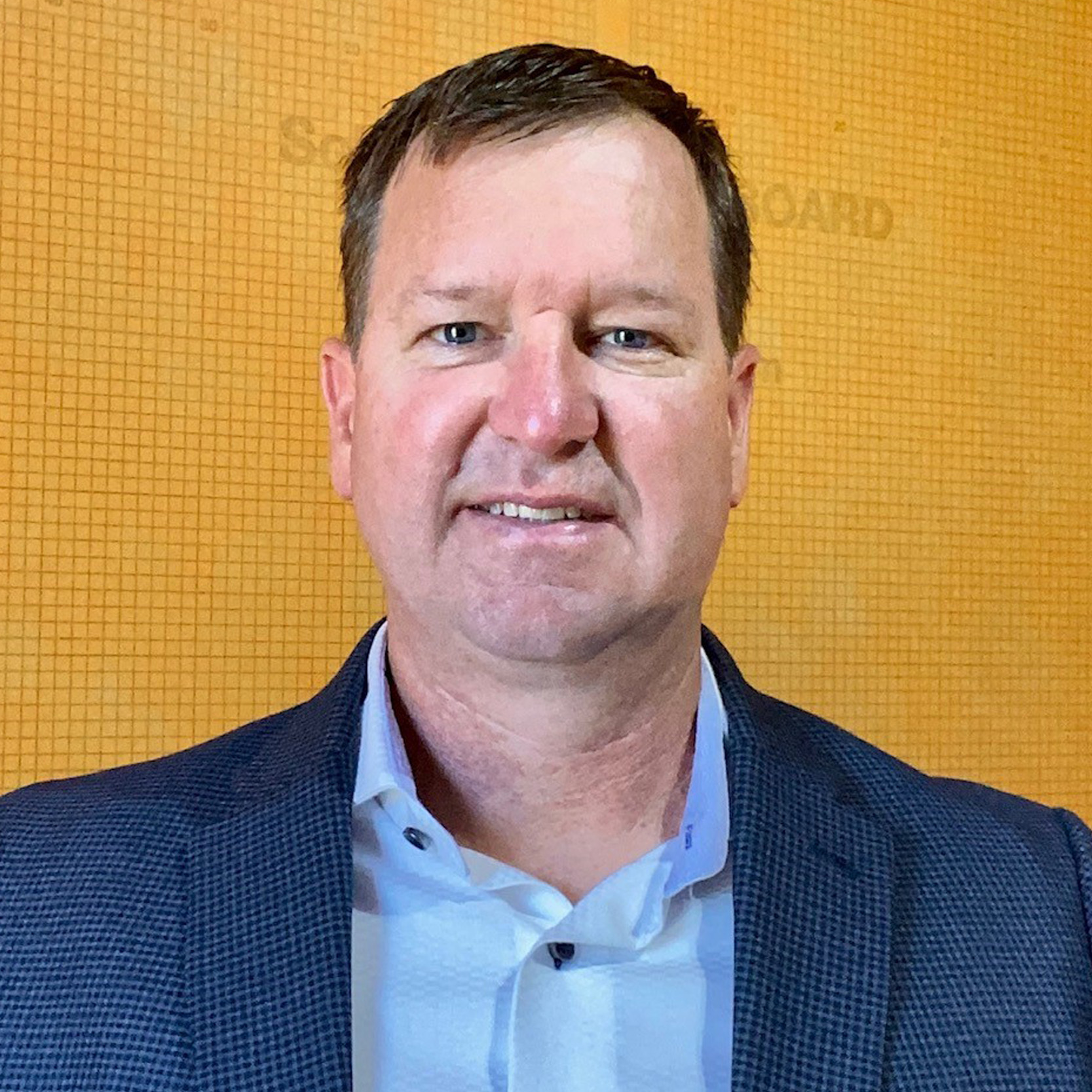
Dan Held
Commercial Manager, Schluter Systems
For nearly a decade, Dan has excelled at Schluter Systems, drawing from 25+ years in construction and tiles. Starting as a Commercial Carpenter, his passion for tiles propelled him into installation and sales. A problem-solving expert, he’s thrived in diverse projects, earning trust through meticulous work. Dan’s dedication to excellence and knowledge-sharing highlights his genuine love for the tile and flooring industry, making a lasting impact.
Session Title:
Moisture Management in Tiled Showers
Abstract:
Leaks and mold continue to pose serious problems for the construction industry. At the end of this presentation, the participant will be able to:
- Identify the benefits and challenges associated with tiled showers.
- Understand the proper design and execution of tiled shower waterproofing systems.
- Recognize the benefits of bonded waterproofing technology and how it has revolutionized tiled showers and offer Lifetime Warranties.
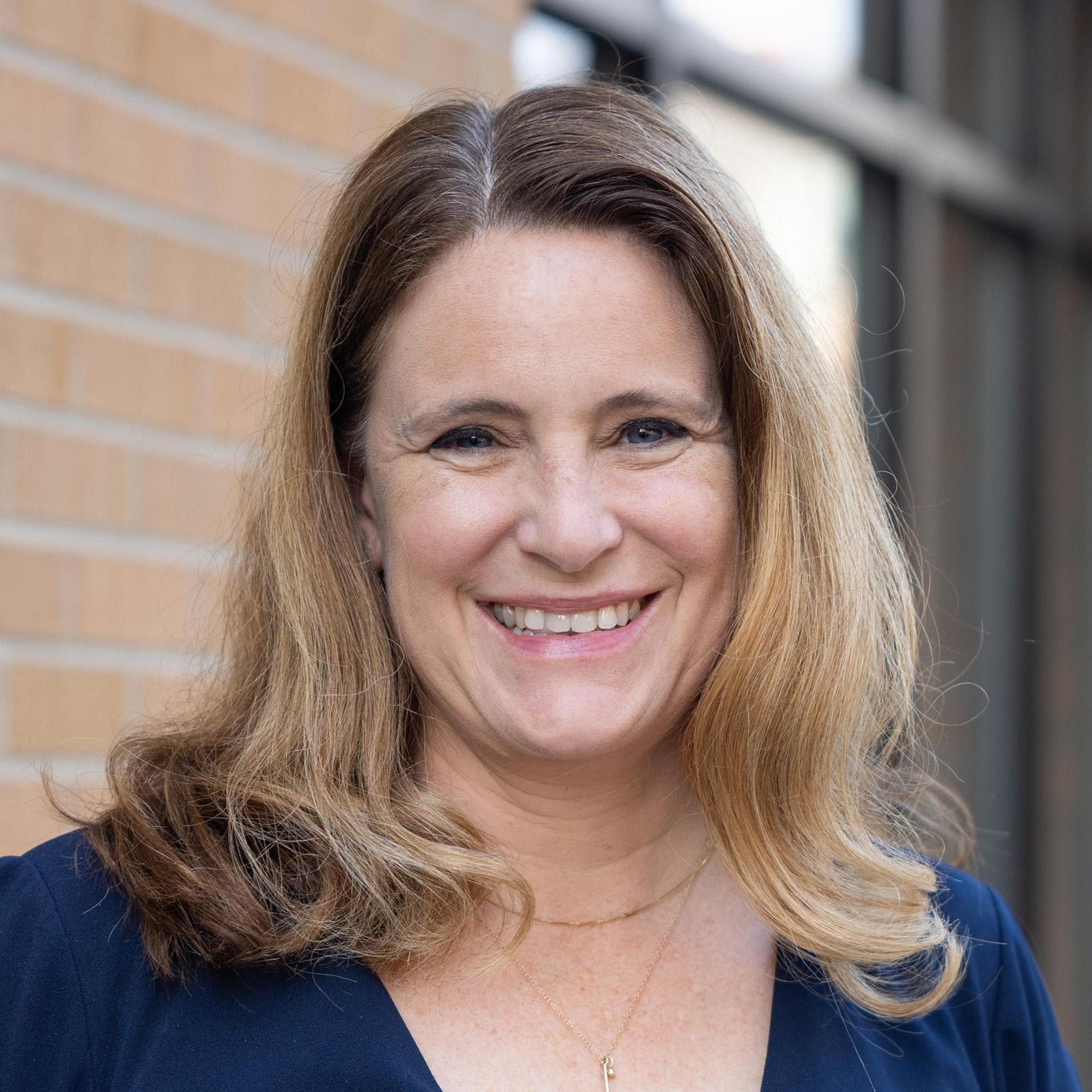
Sarah Hempstead
CEO/Principal, Schmidt Associates
Sarah Hempstead, AIA, LEED AP is the CEO of Schmidt Associates, a 130-person architectural and engineering firm with offices in Indianapolis, IN and Louisville, KY. She built her career on the belief that combining inspiration and perspiration alongside building owners helps deliver signature solutions with a purpose. Notable projects include Indiana State University Scott College of Business, Ivy Tech Community College Illinois Fall Creek Center, Marian University’s Alumni Hall and Byrum School of Business, and Spalding University Kosair Charities School of Physical Therapy.
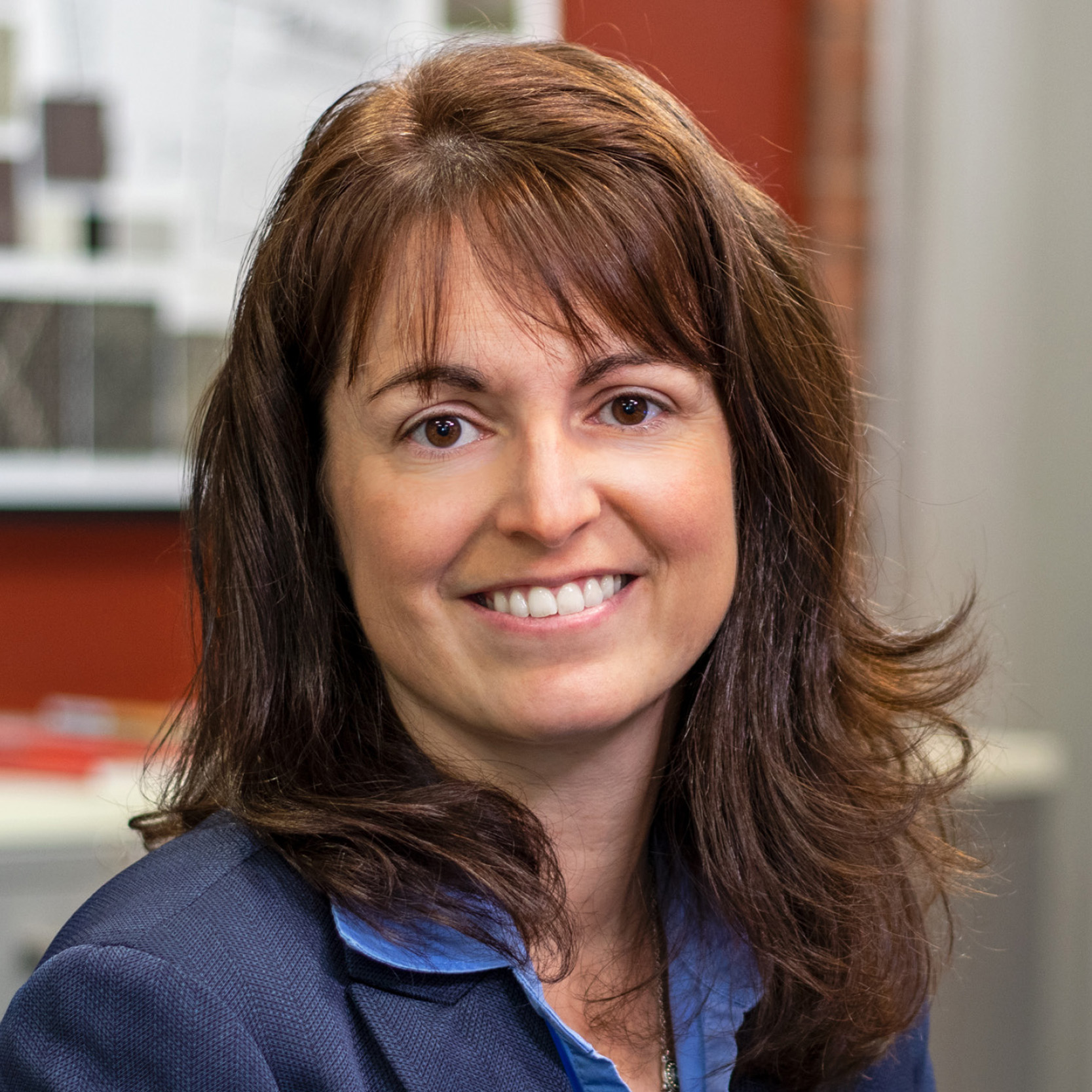
Lisa Gomperts
Principal, Schmidt Associates
Lisa Gomperts, FAIA, LEED AP has been a part of a wide range of extraordinary projects. A past president of the AIA Indianapolis and AIA Indiana chapters, Lisa was included in the ENR Midwest magazine’s list of the top 20 professionals under 40 working in the construction industry in the Midwest region. She has been a presenter at past conferences for MAPPA, the Society of College and Urban Planners (SCUP), and AIA National and Regional Conventions. Notable projects include Marian University Alumni Hall, P.R. Mallory Redevelopment, and Indiana State University Scott College of Business.
Session Title:
Teaching Old Buildings New Tricks: Working with Limited Funding to Address Changing Needs
Abstract:
With a looming enrollment cliff and a stock of aging buildings, universities are challenged to provide contemporary educational environments with limited resources within existing square footage.
- Examine how building typology can influence usage. Realize the inherent strengths and weaknesses of various building typologies as they pertain to future use.
- Adaptive reuse as a sustainable strategy. Discover how reuse can enhance overall campus sustainability through embodied carbon and material reuse.
- Examine innovative strategies to help an old building learn new tricks. Through space utilization analysis and creative design strategies, discover how to implement new programs into existing structures to positively impact higher education.
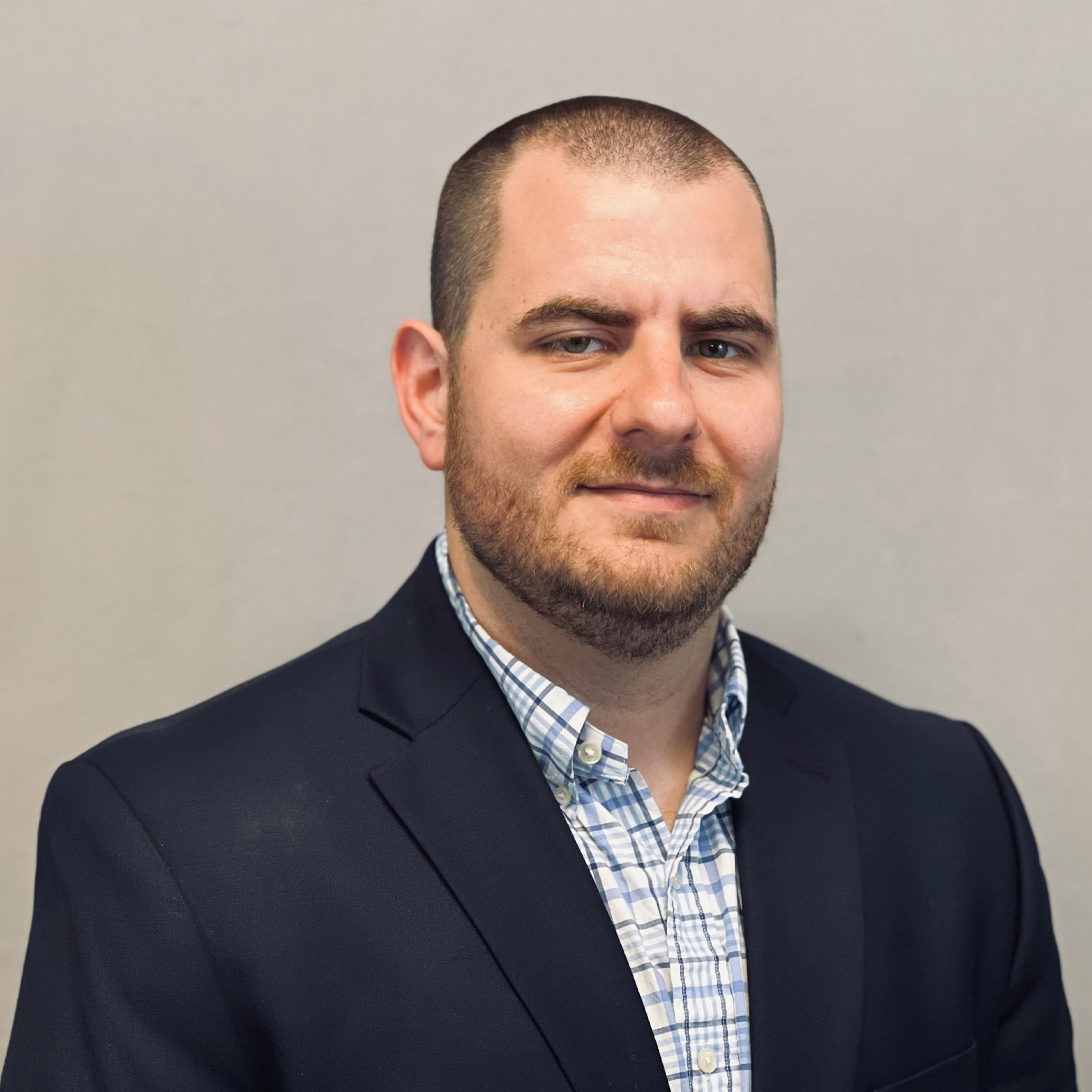
Tyler Means, P.E.
Senior Project Manager - Pavement Services Eastern U.S., Terracon Consultants
Tyler Means is a Senior Project Manager and leads Terracon’s Pavement Services for the Eastern United States. He began his career in May 2015 following his completion of a bachelor’s degree at the University of Kentucky. Since beginning work at Terracon, he has been involved in a wide variety of projects including forensic studies associated with the premature failure of asphalt and concrete pavements, pavement management programming, pavement maintenance and rehabilitation projects, and the design and construction oversight of new pavements at various facilities.
Session Title:
Proactive Pavement Management and Pavement Technology Solutions
Abstract:
Pavement is like any other facility asset – an ounce of prevention can be worth more than a pound of cure. Proactive pavement management can help assess your existing pavement’s conditions and develop a plan and budget for long-term success saving time and money. This session will explain the value and potential yearly cost savings of implementing a proactive pavement management program from a professional pavement engineer/consultant and how Terracon leverages Artificial Intelligence (AI) to collect and analyze pavements faster than ever.
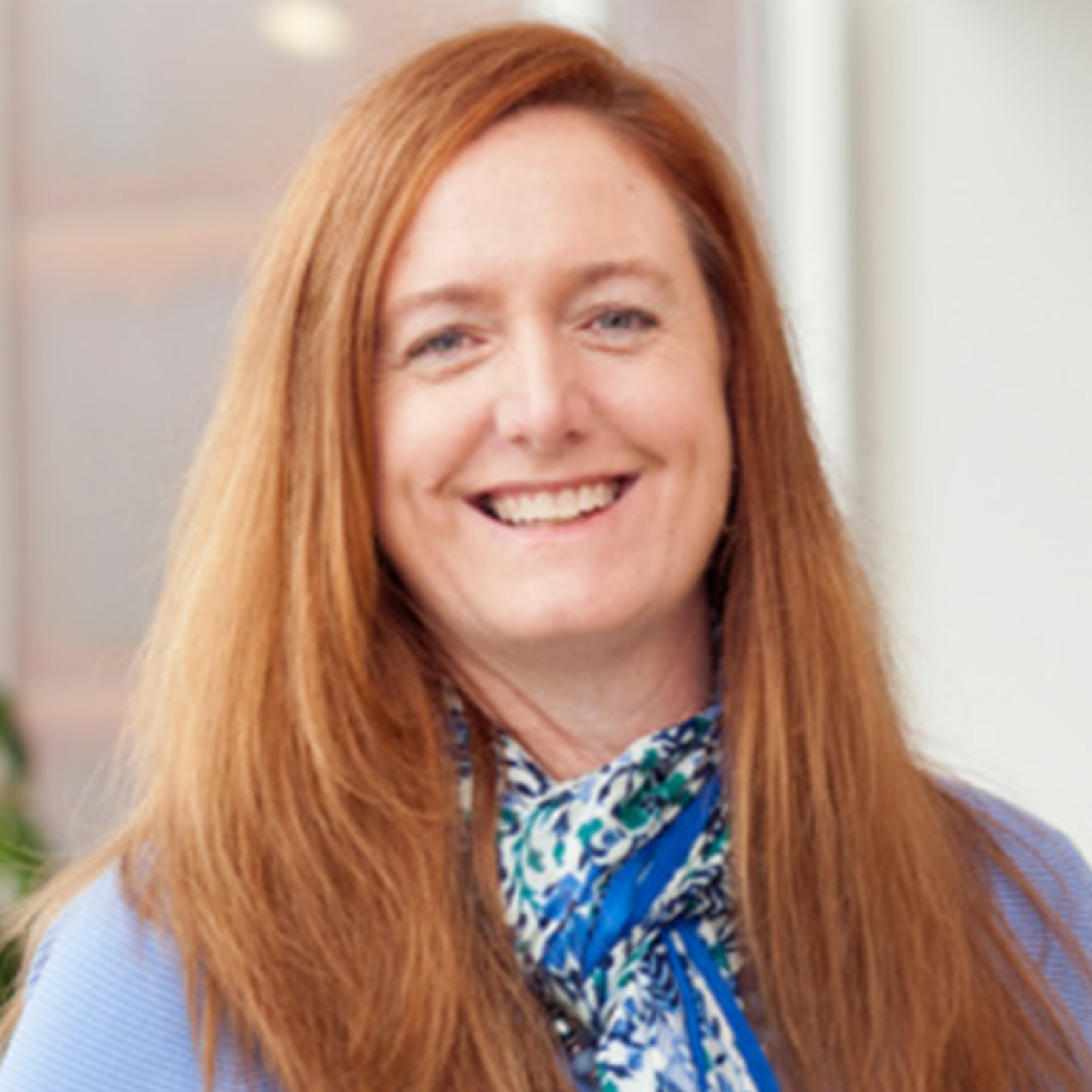
Mary Sherman
Employee Assistance Consultant, University of Virginia
Mary Sherman, LCSW, CEAP, CAPP is a Licensed Clinical Social Worker and Certified Employee Assistance Professional with over 25 years of experience. She has worked at the University of Virginia Faculty and Employee Assistance Program since 1996 and her current role focuses on Prevention, Resilience and Mental Health Awareness training. Mary co-leads the FEAP/HoosWell webinar series that brings current information related to emotional well-being. She obtained her Certificate in Applied Positive Psychology in 2016 and is a Bounce Back Better Certified Resiliency trainer.
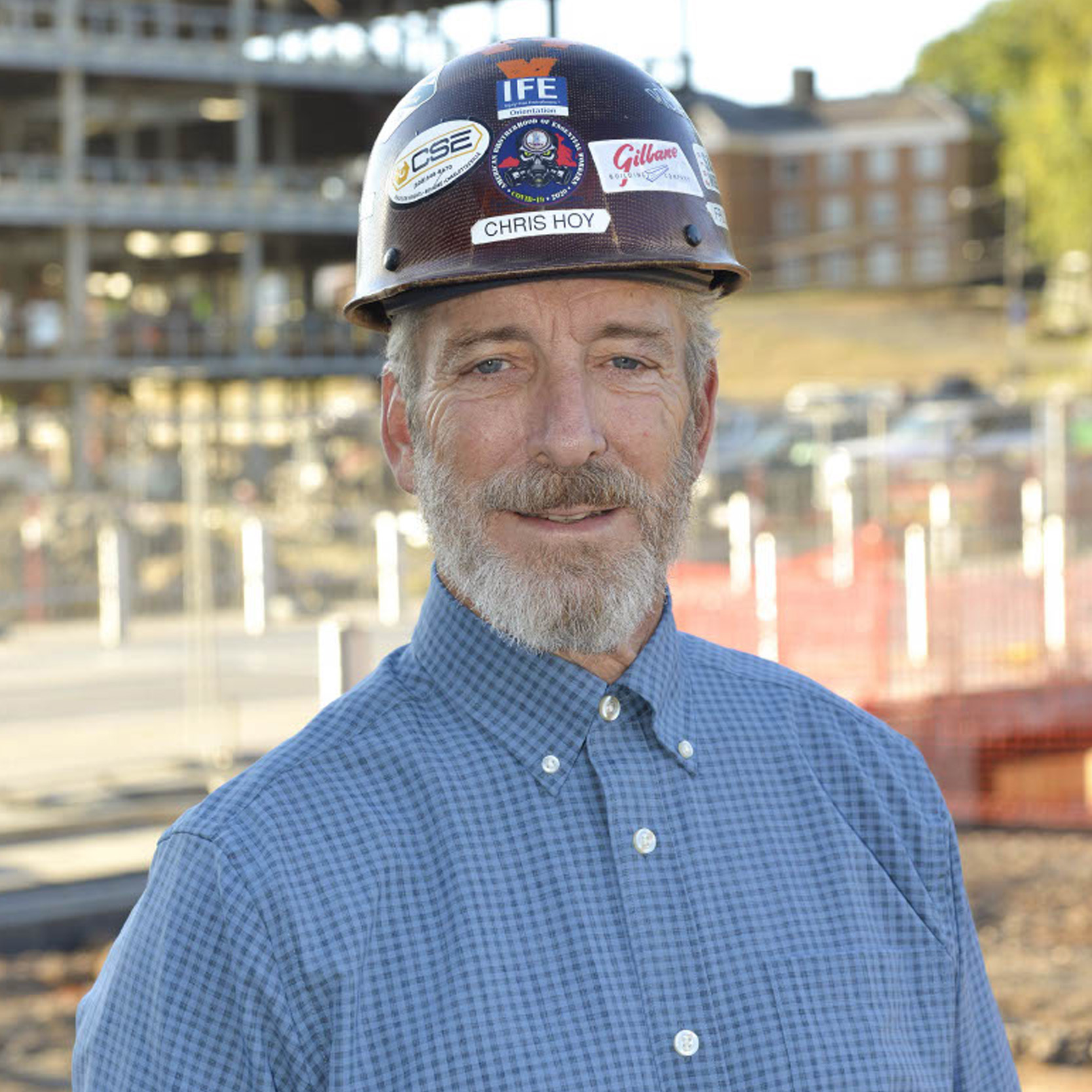
Chris Hoy
Senior Supervisory Construction Administration Manager, University of Virginia
Chris Hoy attended Brigham Young University (construction management) and started his career in the private construction industry before joining the University of Virginia in 1997. His first UVA project was a total renovation of UVA’s Emergency Department and more than 20 years later, he was once again charged with improving the hospital’s ED, but as the senior supervisory construction administration manager on the University Hospital Expansion project. Chris is currently managing multiple projects along the Emmet-Ivy Corridor, which will transform a significant entry point to the UVA.
Session Title:
Mental Health Awareness, Resources, and Strategies within the Facilities Management Context
Abstract:
Improving workers’ wellness. Review statists, trends, and available resources. Mental and suicide awareness and prevention. This discussion is appropriate for managers, employees, friends, and family members. Other topics will include FEAP, employee assistance, on-site support, national assistance, and personal stories.
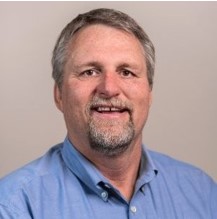
Eddie Naro
Director of Commercial Project Management Regional Owner, Miracle Method of Corpus Christi, TX, Miracle Method Surface Refinishing
Eddie Naro, along with his family, and Miracle Method have been serving the Corpus Christi area as the premier surface refinisher since 1988. They have saved homeowners, hotels, hospitals, and property managers thousands of dollars with our process of making dated and damaged bathtubs, shower pans, tile, sinks, kitchen countertops, and vanity tops look like new again.
Their work has been featured in the Corpus Christi Caller Times and in HGTV magazine. They have done work in thousands of homes, hotels, apartments, hospitals and universities in the South, South Texas and across the country.
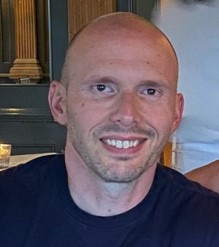
Ryan Gladhill
Franchise Owner: Miracle Method of Charleston, SC; Miracle Method of Tri-State, MD; Miracle Method of South Philadelphia, PA Co-Owner: Miracle Method of Fairfield County, CT; Miracle Method of Miami North, FL; Miracle Method of Washington, D.C., Miracle Method Surface Refinishing
Ryan opened his first franchise, Miracle Method of Tri-State, in 2007. Over time, and immersion into the field of refinishing by expanding his business into the commercial market, he grew his Miracle Method business. Currently, Ryan owns six Miracle Method locations on the East Coast.
Prior to Miracle Method, Ryan worked in new home construction for three years; however, he saw more sustainability with Miracle Method, the largest kitchen and bath refinishing company America. Cultivating relationships, his dedication, and perseverance, Ryan developed a national partnership with Amtrak.
Session Title:
Why Surface Refinishing? A New Way to Update Your Facility!
Abstract:
Facility Managers are responsible for the difficult task of maintaining facilities that are functional, safe, attractive, and clean. Over time, it is inevitable that tile walls and floors in bathrooms will become damaged, stained, ugly, and contaminated. To make matters worse, limited maintenance budgets and limited time to do repairs make the task even more difficult. Replacement is no longer the only option…Surface Repair & Refinishing is the smarter, more affordable way to go.
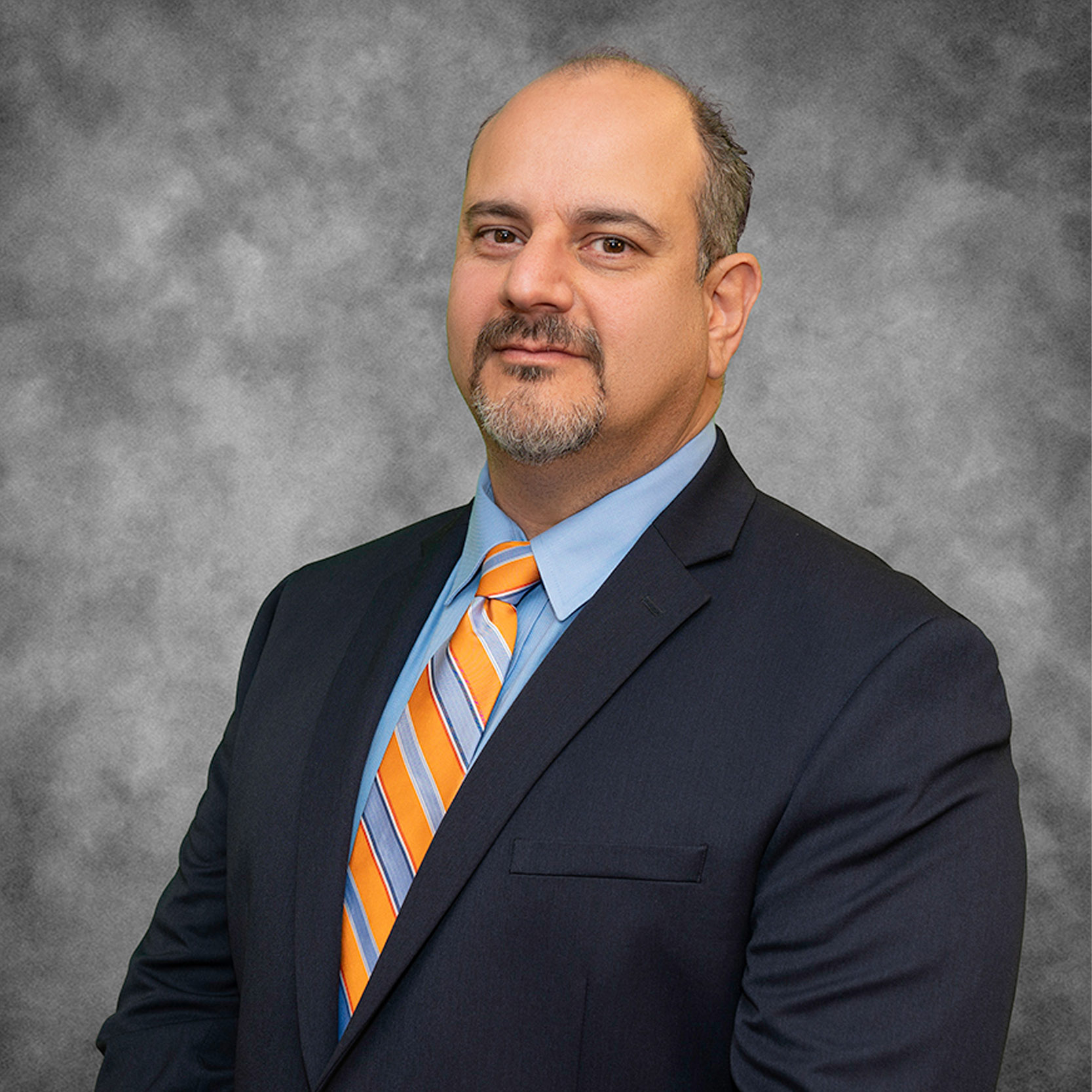
Peter Spanos, P.E., CFM, LEED AP
Senior Project Manager, Gale Associates, Inc.
Peter Spanos, P.E., CFM, LEED® AP, is a Senior Project Manager for Gale Associates, Inc. He provides engineering and design services related to land development, use, and permitting. He specializes in synthetic turf, athletic track, field, and event layout, site drainage analysis, utility relocation, road layout, water and wastewater systems, parking lot layout, and flood mitigation. Mr. Spanos is a member of the American Sports Builders Association (ASBA) and a Certified Floodplain Manager (CFM).
Session Title:
20 Years of Infilled Synthetic Turf: What We’ve Learned
Abstract:
Artificial turf has been installed on athletic fields throughout New England since the early 2000s. This presentation will focus on synthetic turf system options, including infill material and shock pads, as well as site constraints and lessons learned. The presenter will also cover recent concerns regarding the health, safety, and environmental risks of synthetic turf.
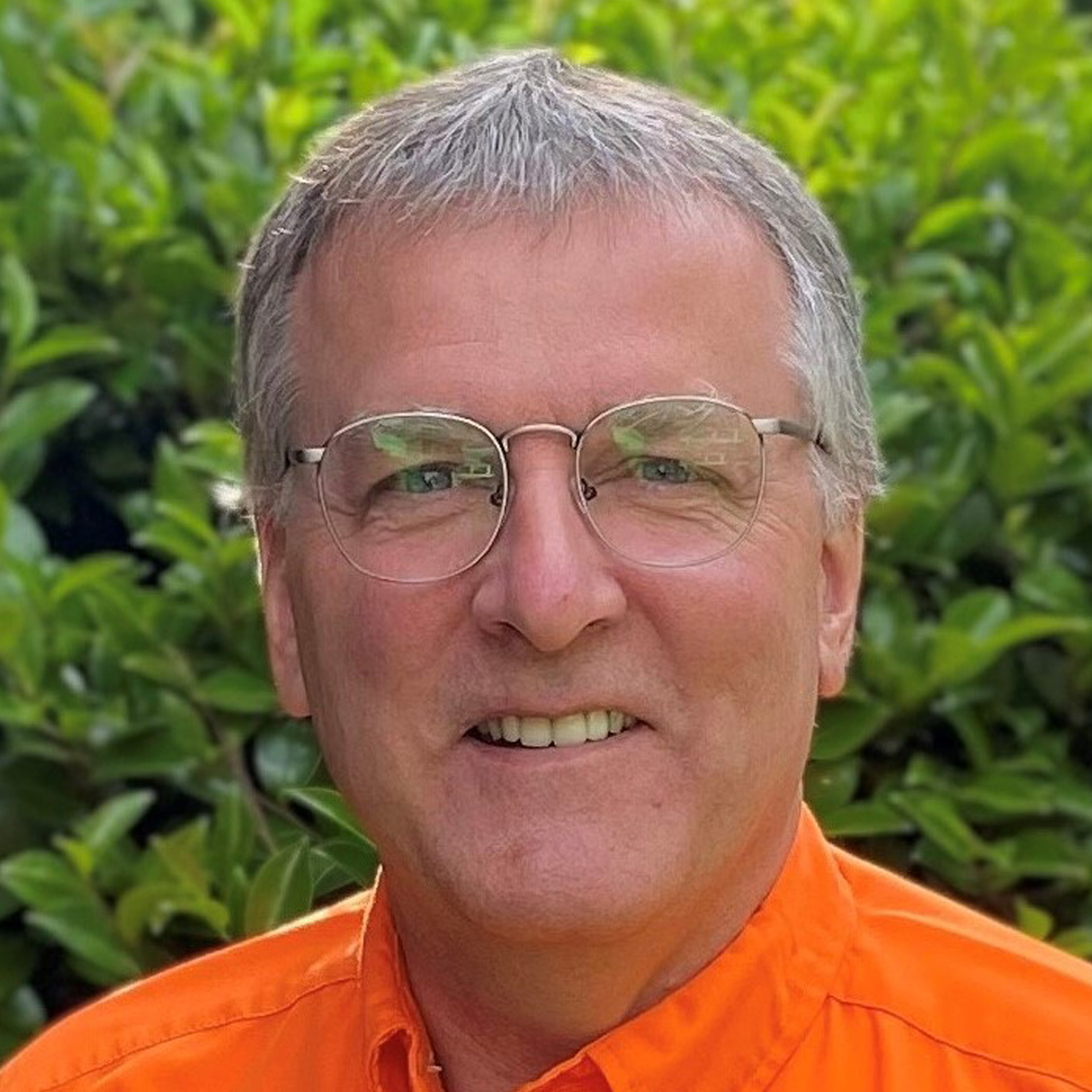
John Chorazak
Training Coordinator, Clemson University
Originally from New Jersey, I attended The College of New Jersey and later enjoyed a very successful 28-year career as a High School Industrial Arts teacher, retiring in 2015. My search for warmer winters guided me to South Carolina and to Clemson University. Currently I am a Training Coordinator with University Facilities where I work as part of a team which is responsible for maximizing employee potential. My main focus is to develop and oversee our SC Department of Labor apprenticeship programs within Facilities.
Session Title:
Maximizing Employee Potential
Abstract:
Clemson University has developed a Career Development Suite to maximize employee potential. Members from the Workforce Safety & Development staff will share two components of this collection, our Apprenticeship Program and our Internal Internship Program. The presentation will include our present state, Lessons learned, and plans for continuous improvement.

Chris Hodges, PE, CFM, FMP, IFMA Fellow
Principal, Facility Engineering Associates (FEA)
Chris is founding principal of FEA with 40 years of experience in facility management, operations, and engineering. His experience includes facility evaluations, organizational assessments, evaluation of facility-related finance and budgeting, repair and restoration, facility strategic planning, and training. Throughout his career he has contributed to facility management, through writing, presenting, training, and leadership. ). Chris is an adjunct faculty member for Facility Management at George Mason University and has taught in the FM Graduate program at Catholic University.
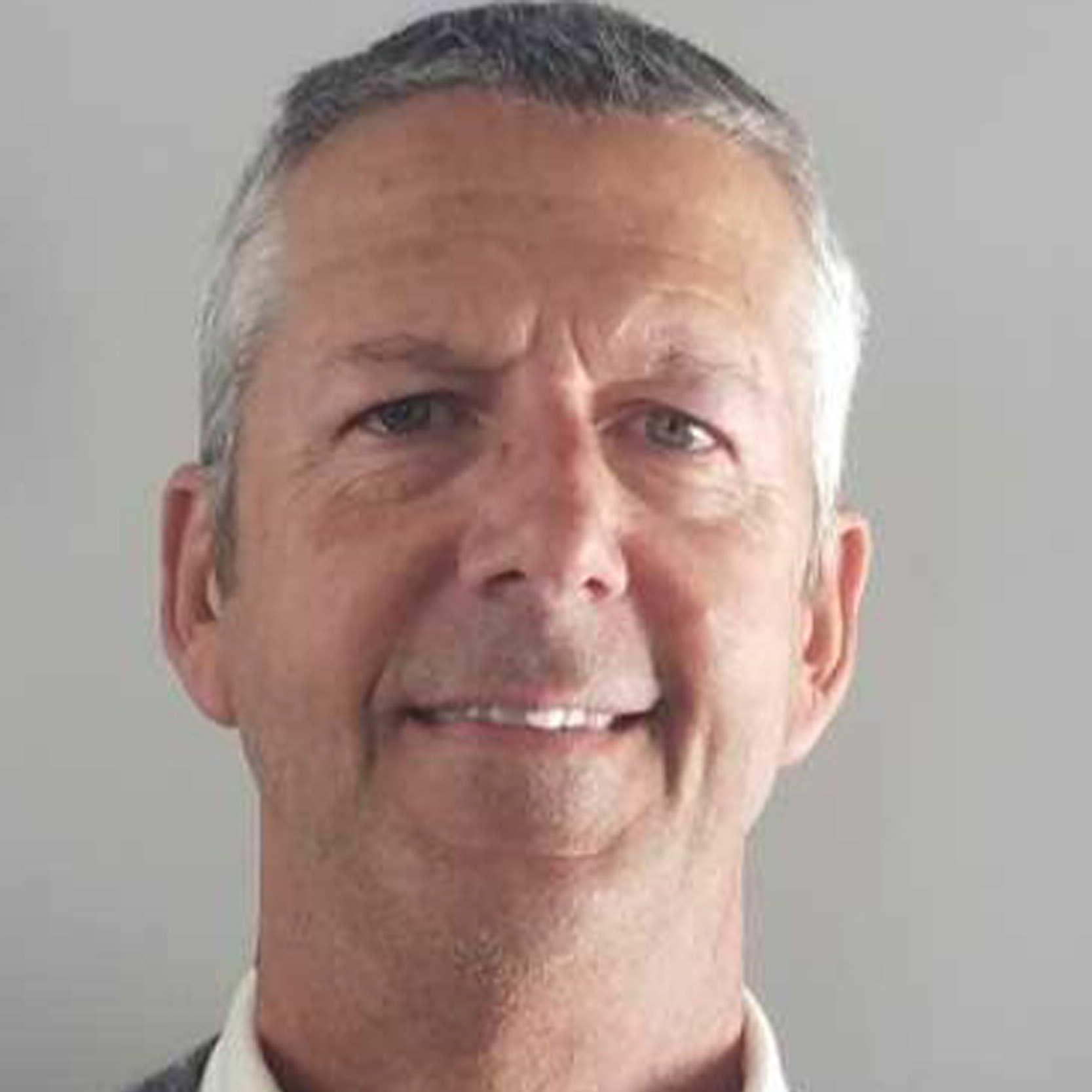
Tim Carey, Ed.D.
Senior Facility Management Consultant, Facility Engineering Associates (FEA)
Tim is senior management consultant, assisting clients with strategic facility planning, organizational evaluations, process improvements, and performance measurement. Tim has 37 years experience in higher education and facilities at Montclair State University and Ithaca College, where he served as the Senior Facilities Officer. Tim earned a doctoral degree at Rutgers University. His doctoral dissertation, Total Quality Management in Higher Education: Why It Works; Why It Does Not, led to his appointment as Montclair State’s university-wide Director of Continuous Quality Improvement.
Session Title:
The Facility Life Cycle: Getting the Whole Picture Through the Lens of Total Cost of Ownership
Abstract:
Managing higher education facilities requires focused coordination between those who plan and build, those who operate, and those who plan for capital renewal. The links between the phases of a facility life cycle are often tenuous and not always under united leadership, resulting in missed opportunities to maximize integration and collaboration. Total Cost of Ownership (TCO) provides a framework that values all perspectives to ensure integration throughout the facility life cycle. This presentation provides a framework for operating, renewing, and changing requirements to optimize the plan.
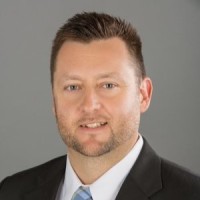
Pat Buchanan
CEO & Co-Founder, OperationsHERO
Pat has worked with education facilities for the past 29 years and has worked onsite at campuses in all 50 states and Canada. He has been a featured speaker at numerous national and state conferences, tradeshows, and events. He and the OperationsHERO team are continuously looking for areas to help our educational institutions, save money, improve efficiencies, and help the students they serve.
Session Title:
The Benefits of Creating and Maintaining a Sustainable PM Program
Abstract:
Learn how to keep your PM Program up-to-date along with starting a PM Program. This session will examine the barriers and benefits of a successful PM Program. We’ll explore how QR Codes/Bar-Codes can speed up your data collection and PM Completion metrics. Finally, we will cover how to use AI technology to gather information for your PM Program.
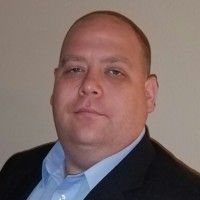
Brian Carlson
Sr. Account Manager, AssetWorks
Brian has 2 decades of experience with IWMS software, focusing on the higher education, public sector, and telecom verticals. While completing his bachelors in Industrial Engineering, he began his background in facilities at Iowa State University working as a systems analyst. He has held roles in customer support, professional services, and customer success.
Session Title:
Mastering Data-Driven Decision-Making in Facilities Management
Abstract:
Data-driven decision-making has become an essential part of modernbusiness strategy. By relying on empirical evidence rather than personal opinions or biases, decision-makers can make more accurate and reliable decisions, resulting in improved outcomes, risk management, and continuous improvement. However, decision-makers need to follow specific priorities to make effective data-driven decisions. These priorities include defining clear business objectives, identifying relevant data sources, ensuring data quality, using appropriate analytical techniques, and communicating findings effectively.
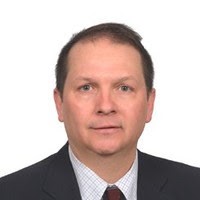
Jon Shuster
Higher Education Specialist, Club Car, LLC
Jon has over 20 years of experience in the “small wheel vehicle” industry, and today consults with institutions of higher learning as they navigate the challenges of moving people and tools around campus. Having been on literally hundreds of college campuses, he possesses a unique perspective on how to improve safety, efficiency and productivity by moving resources out of full size trucks and vans and into purpose built vehicles best suited for the environments in which they have to work.
Session Title:
Electrifying Your Facilities Fleet? THINK SMALL!
Abstract:
In this presentation, we will demonstrate how small wheel electric utility vehicles can be a viable substitute for larger on road vehicles for getting work done on campus. We bring no brand bias, only a “small bias”. Our target audience is both facilities leaders and the resources who use vehicles as part of their daily jobs. We’ll demonstrate that weight capacities, storage capabilities, and available customizations can make utility vehicles not only an adequate substitute for on road vehicles, but that they are actually a superior offering with more versatile and pragmatic use case.
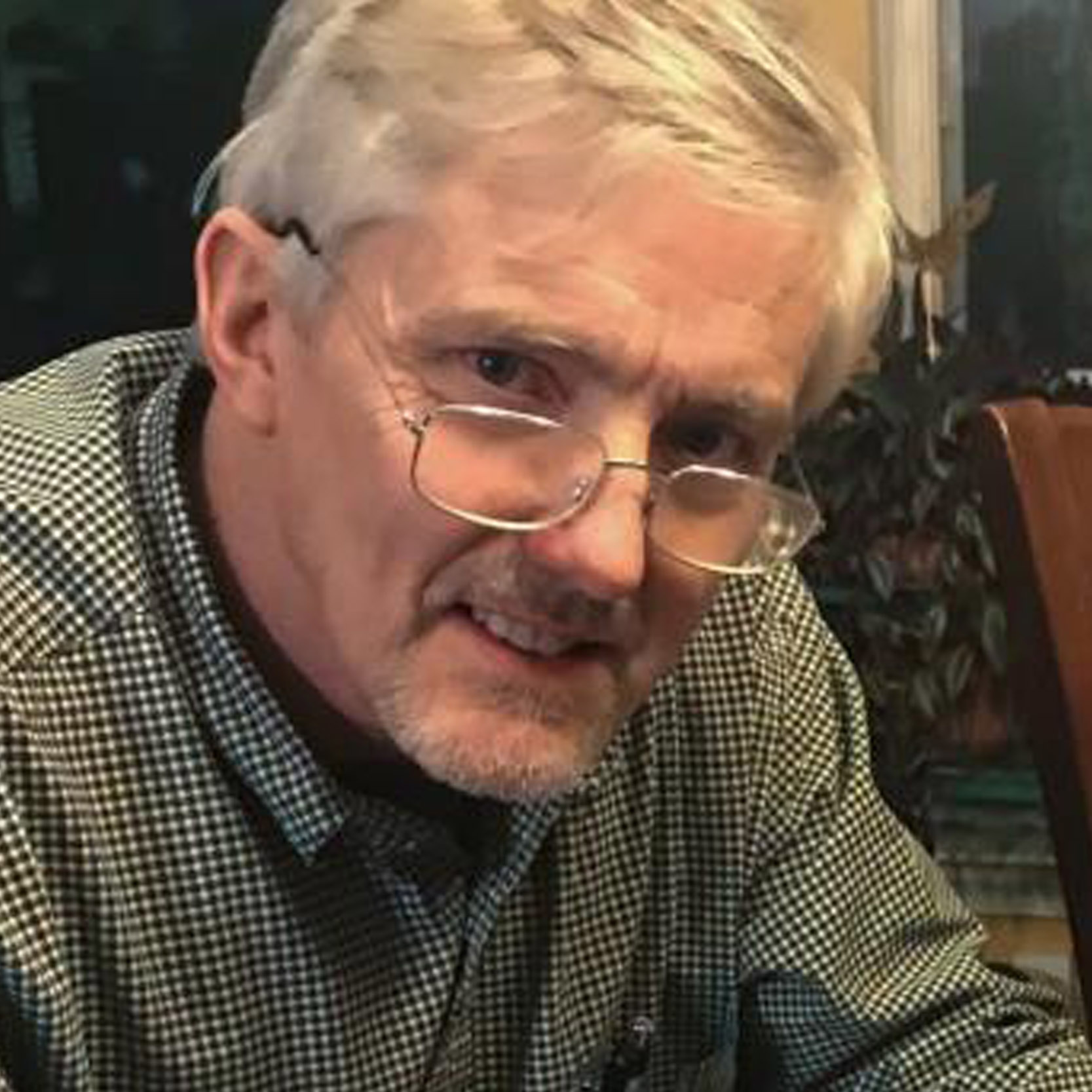
Kyle Christiansen
Architecture Discipline Lead, Roth IAMS
kyle.christiansen@rothiams.com
Kyle Christiansen is a registered architect with 4 decades of experience. He has focused his career on the restoration, renovation, remodeling, adaptive re-use and capital planning for existing buildings. He has assessed building condition for hundreds of properties in 49 states and six countries and made millions of dollars of recommendations for property owners to meet current and future capital investments. He has experience with all phases of design, bidding, code review, construction, forensics, and dispute resolution as an expert witness. Currently he is focused on capital planning.
Session Title:
Getting Ready for Gut Rehab; What's in Store? How to Bring 20th Century Buildings Into the 21st Century
Abstract:
50% of US buildings and 45% of K-12 schools are 50 years old. These buildings are prime candidates for what architect refer to as “gut rehab.” Take a look at risks and opportunities presented by an architect with decades of experience. Topics include issues related to space utilization, energy efficiency, code and ADA compliance, smart technologies as well as the influence of inflation, supply chain, and budgeting. Facility Condition Assessments should lead the way to plan and prioritize capital investment for coming renovation cycle for your campus or within your school district.
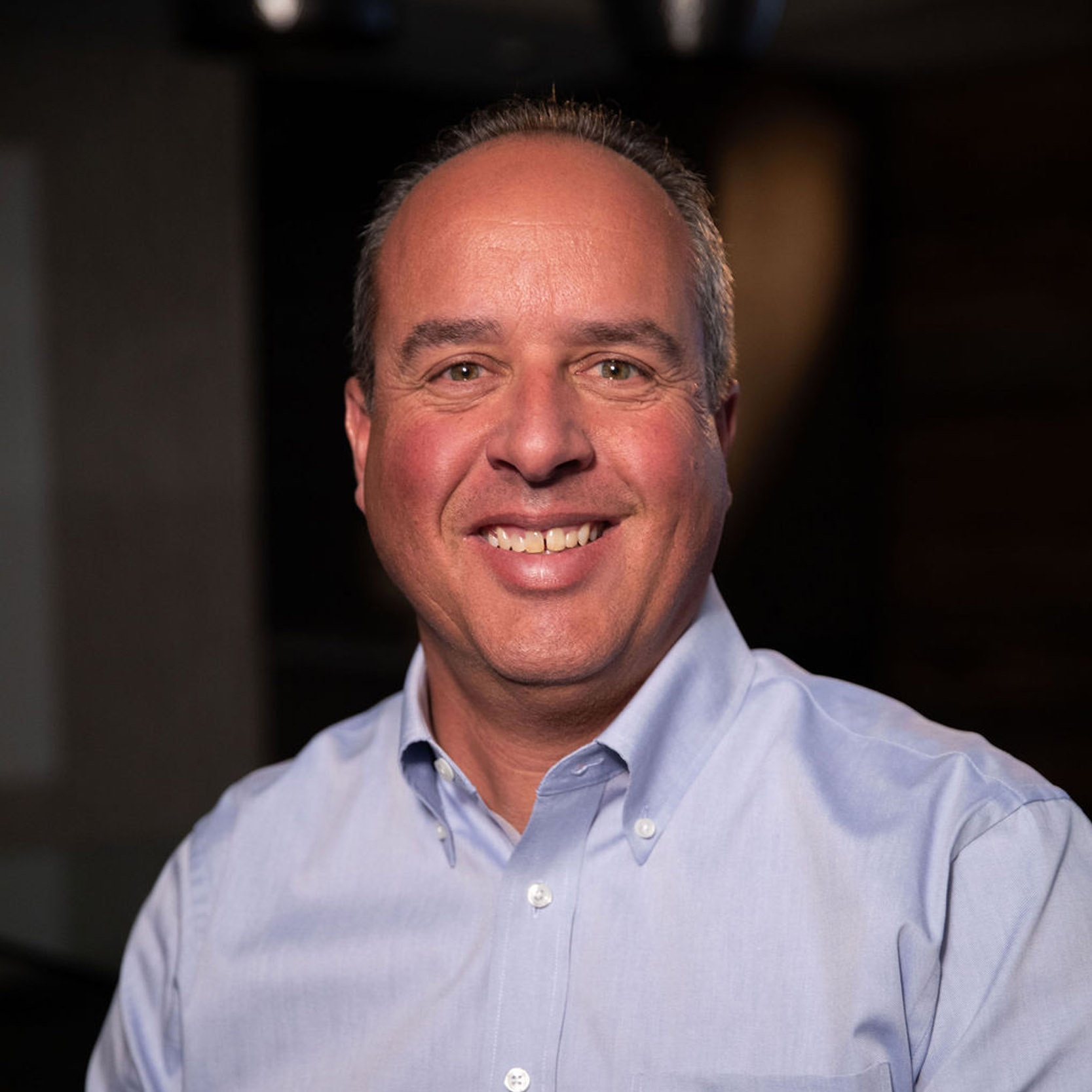
Dave DeVree
Sales, Rapid Water Technologies
Dave DeVree has been a part of the HVAC industry since the late 80s, when he started his career as a sheet metal installer. In addition to his 10+ years of field knowledge, Dave has decades of experience as a manufacturers rep, project manager and estimator. He works with Rapid Water Technologies’ institutional customers, with a focus on universities and hospitals. These organizations can especially benefit from the water, energy and cost savings created with nanobubble technology. Water is a major part of Dave’s life outside of work, and you can often find him salmon fishing on Lake Michigan.
Session Title:
Nanobubbles: Tiny Fighters of Your Biggest Cost & Energy Wasters
Abstract:
What’s plaguing the water systems on your campus? Calcium buildup? Biofilm growth and equipment fouling? The high cost of chemicals and energy use? Rapid Water Technologies has a tiny solution for your campus’s biggest water problems. Nanobubble technology transforms existing noncondensable gases into millions of nanobubbles/ml of water preventing scale and biofilm buildup. Learn how maintenance professionals and scientists are harnessing the flow of nanobubbles through water systems to improve water quality and lower energy maintenance costs.
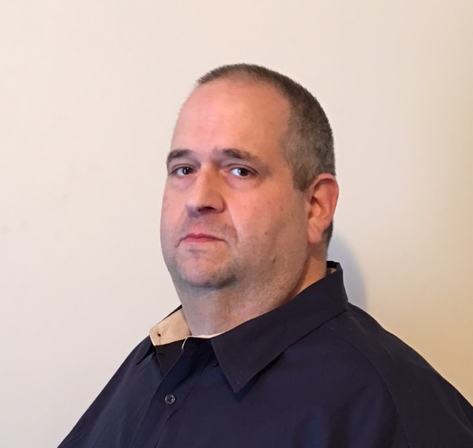
David E. Smith '84, CEFP
Elevator and Electrical Supervisor, UNC Charlotte
David is a 1984 graduate of the University of North Carolina at Charlotte with a degree in Business Administration. He has been with the university since May 2004. Prior to that, he worked for 20 years at his family-owned electrical contracting firm in Charlotte. During his time at the university, he has overseen the maintenance of various areas of campus from the electric shop to multiple zones and elevators. When he first arrived, the university had 45 elevators in service and now there are 150. He is a licensed elevator contactor with an Unlimited Classification and qualified as a Level III electrical Inspector in the State of North Carolina. In May 2005, he was recognized as the first ever Supervisor of the Quarter in Facilities Management. He attended the Supervisor’s Toolkit in 2010. He graduated from APPA’s Facilities Institute in 2014 and obtained the Certified Educational Facilities Personnel (CEFP) Certification through APPA the same year. He has taken three levels in the Leadership Academy. Since 2015, he has been a Board member of the Southeastern Region of APPA (SRAPPA) and served as VP of Chapter Affairs (2015-2016), President Elect (2016-2017), President (2017-2018), Past President (2018-2019), Junior APPA Rep (2019-2020), Senior APPA Rep (2020-2021), and is currently serving as the SRAPPA Director to the APPA Board. He has been active in NCAPPA since 2011 and Elevator U since 2015. Outside of work, the thing that he is most proud of is being the Dad to two grown sons and daughter in law.
Session Title:
Elevator Code
Abstract:
You are trapped in an elevator and press the emergency call button for assistance. What if you cannot hear. What if you cannot speak. What if you have a medical emergency and you are laying on the floor of the elevator. How are you going communicate with the person on the other end? In the 2019 ASME 17.1 Elevator Code these questions were address. These changes are important, but at the same time have caused problems to implement. Not every state has accepted the 2019 Code. The University of North Carolina at Charlotte has had several modernizations and had to address several questions, such as what company will we use, will it be over network or cellular. Listen to some of the issues that Charlotte faced using this important code change.
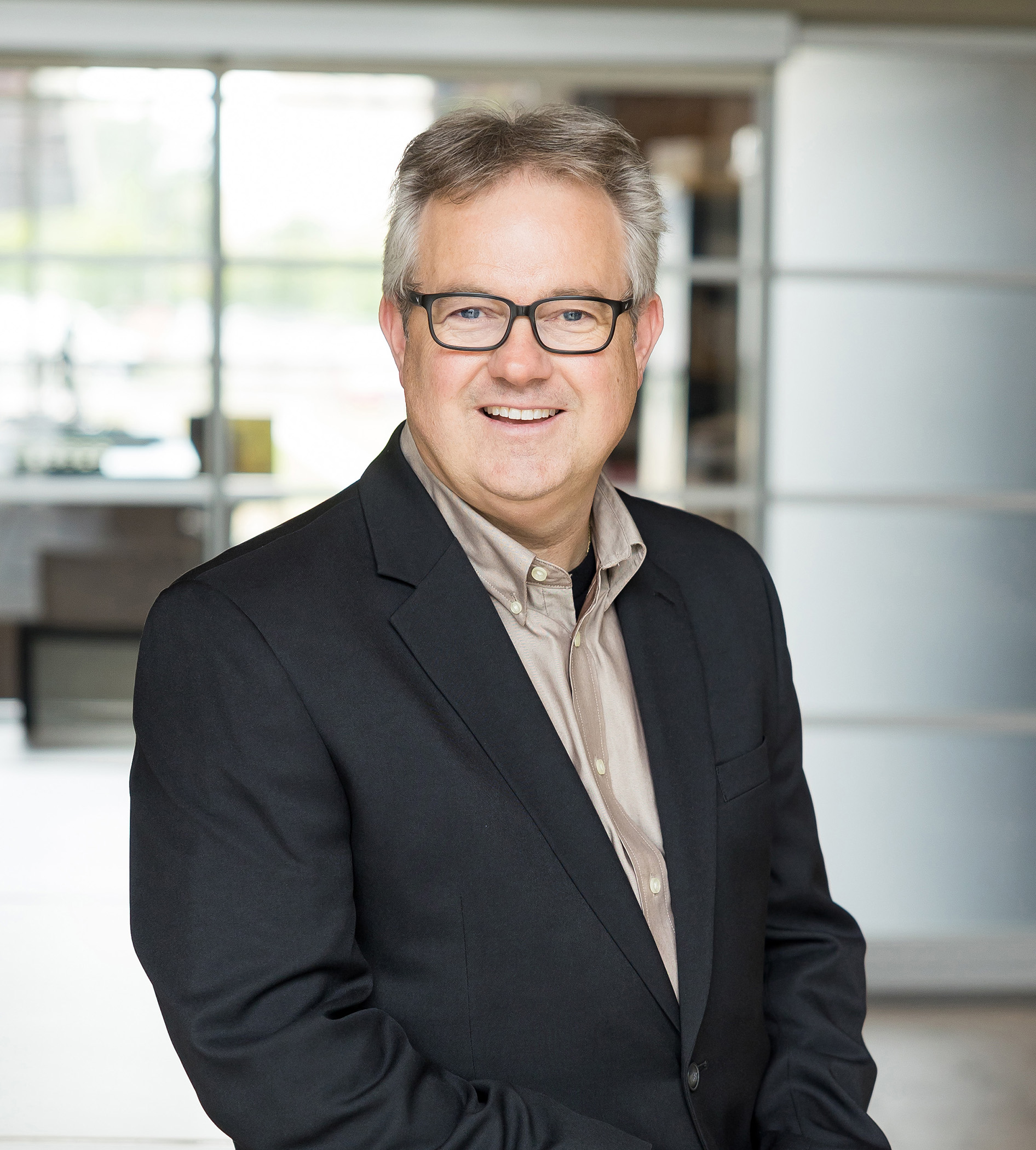
Jeff Hyder
President and Higher Education Sector Leader, Moseley Architects
Since joining Moseley Architects in 1993, Jeff Hyder, AIA, has led the design of more than 6.6 million square feet of space on 14 college and university campuses across the Commonwealth of Virginia. Over the past 30 years, he has served as an architect, operations manager, leader of the firm’s higher education sector, and vice president. In August of 2023, Jeff became the fourth president and CEO of Moseley Architects. Jeff served as the managing principal for the Holden Hall project.
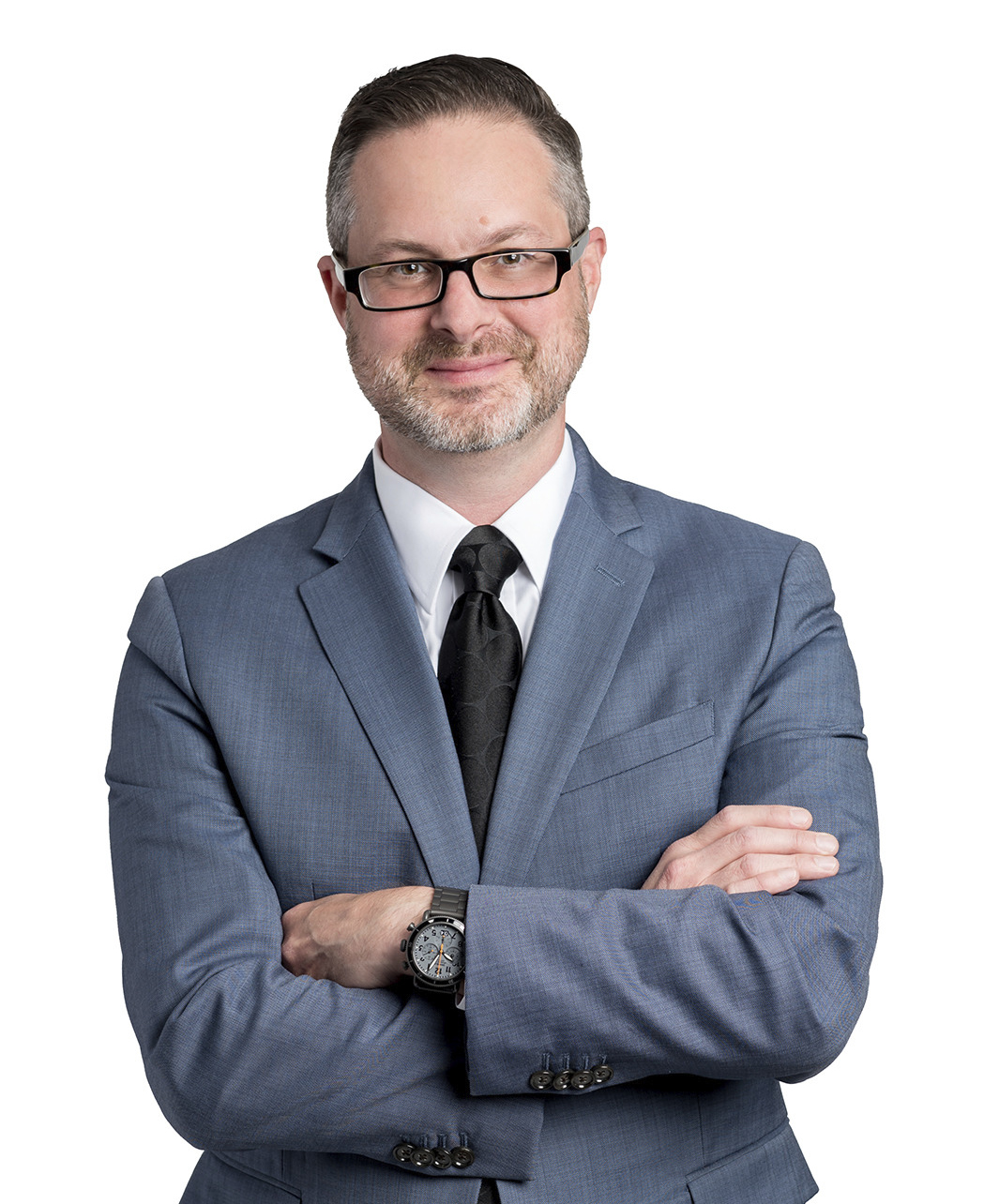
David Johnson
Vice President and Higher Education Design Strategist, SmithGroup
David Johnson, AIA, Vice President and Higher Education Design Strategist with SmithGroup, served as Design Principal for the Holden Hall project. With almost 30 years of experience in the practice of architecture, he has completed work at numerous university campuses, providing master planning, programming, and architecture. David specializes in translating high-level, strategic drivers into design solutions, solving clients’ biggest challenges. He is a registered architect in 6 states as well as a LEED Accredited Professional for Building Design + Construction.
Session Title:
"From Extraction to Purification” – Addressing Program, Scale, Context, Accessibility, Constructability, and Operations in a Complex Renovation and Expansion
Abstract:
The renovation and expansion of Virginia Tech’s Holden Hall transformed a historically significant building into a first-of-its-kind facility of experiential learning and research. With perspectives from the architects, contractor, and owner, this presentation will outline the process, challenges, successes, and lessons learned from renovating the 1940s building and constructing the adjacent expansion in the busy academic core of campus.
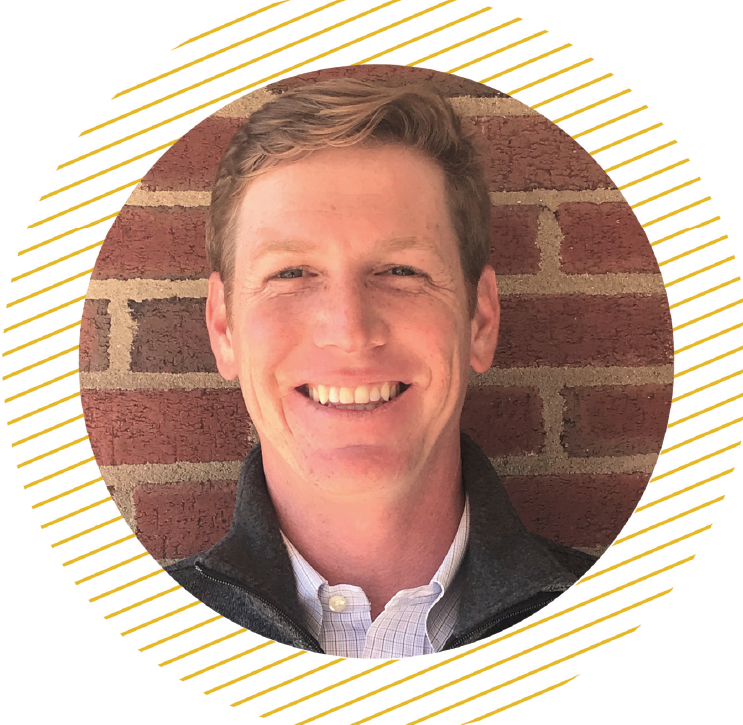
Andrew Witteck
Director of NA Higher Education and Specialty Markets, Armstrong International
awitteck@armstronginternational.com
Andrew has been with Armstrong International for 5 years as the Director of the North American Higher Education and Specialty Markets, which consists of emerging markets such as data centers, grow rooms, clean rooms, and insect farms to name a few. He is an experienced sales leader with a demonstrated history of working in the construction and water utilities industry. He is skilled in budgeting, operations management, water treatment and quality, facility management, and contract negotiation and is a strong sales professional who earned a Bachelor’s degree in Environmental Science with a focus in Biology from Florida State University.
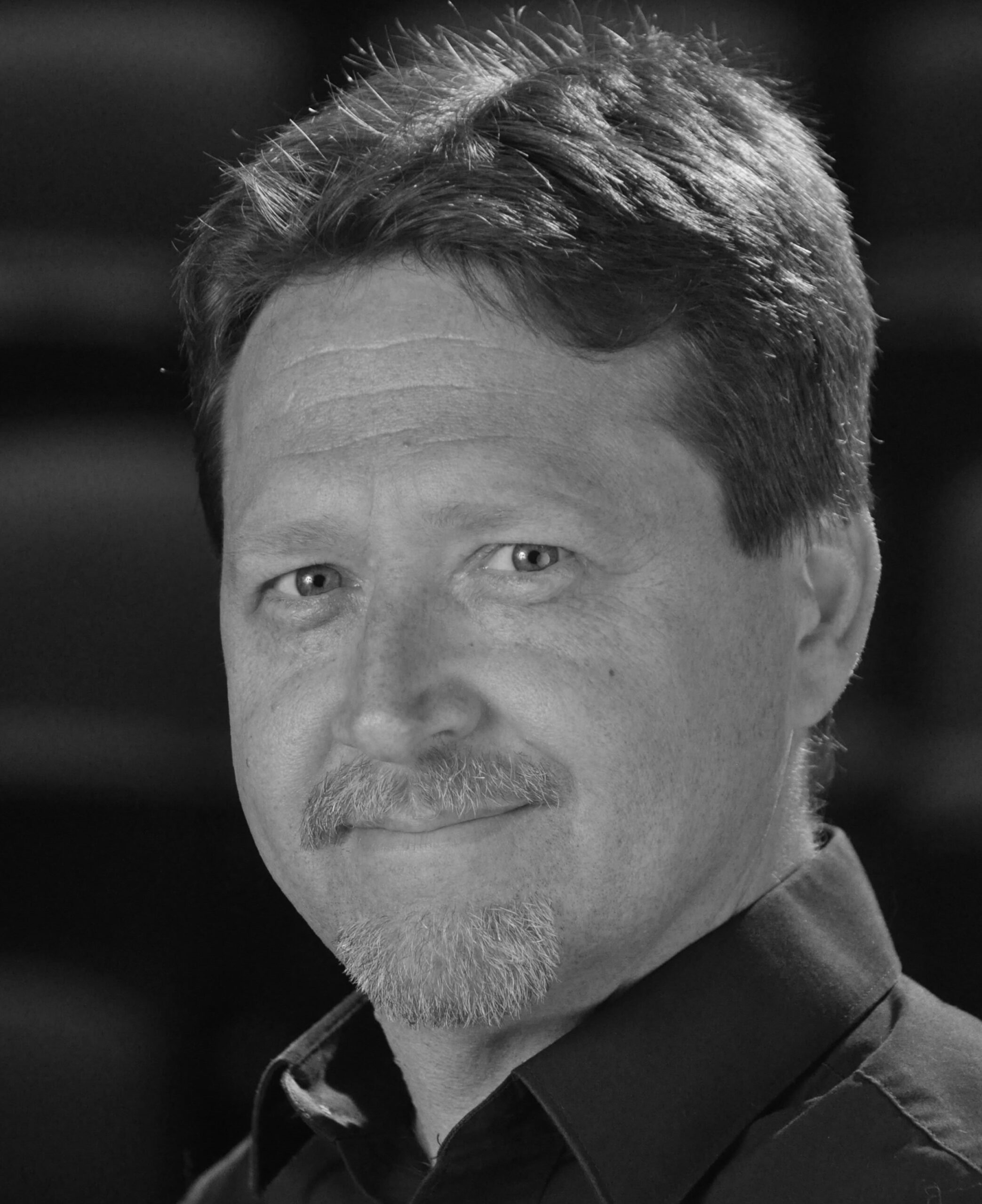
Dennis Kascur
Sales Manager, Merlo Energy
Knees knocking, palms sweating, throat as dry as the Arabian desert. That was me during my senior Mechanical Engineering capstone project presentation at Penn State so many years ago. Public speaking was NOT on my list of things to do! Fast forward and here I am advocating the safe and efficient use of steam to various audiences from C-Level Suite executives, to Engineers, to Plant Maintenance personnel. How did I get here? Through a myriad of experiences from my MBA studies to managing project and people for a number of manufacturers of steam and boiler related equipment.
Session Title:
Steam System Management - A First Step to Decarbonization and Cost Savings
Abstract:
Steam system management falls under the “low hanging fruit” category of potential energy cost reduction projects. Flow Measurement and Trap Management two, no-regret steps toward reducing CO2 emissions and energy costs. New tools are available to make effective steam trap management simpler and achievable.
Learn how to efficiently manage your Pain Points with Armstrong’s experts’ tips on reducing CO2 emissions, saving energy and cost while learning how to optimize your steam system and thermal utility processes.
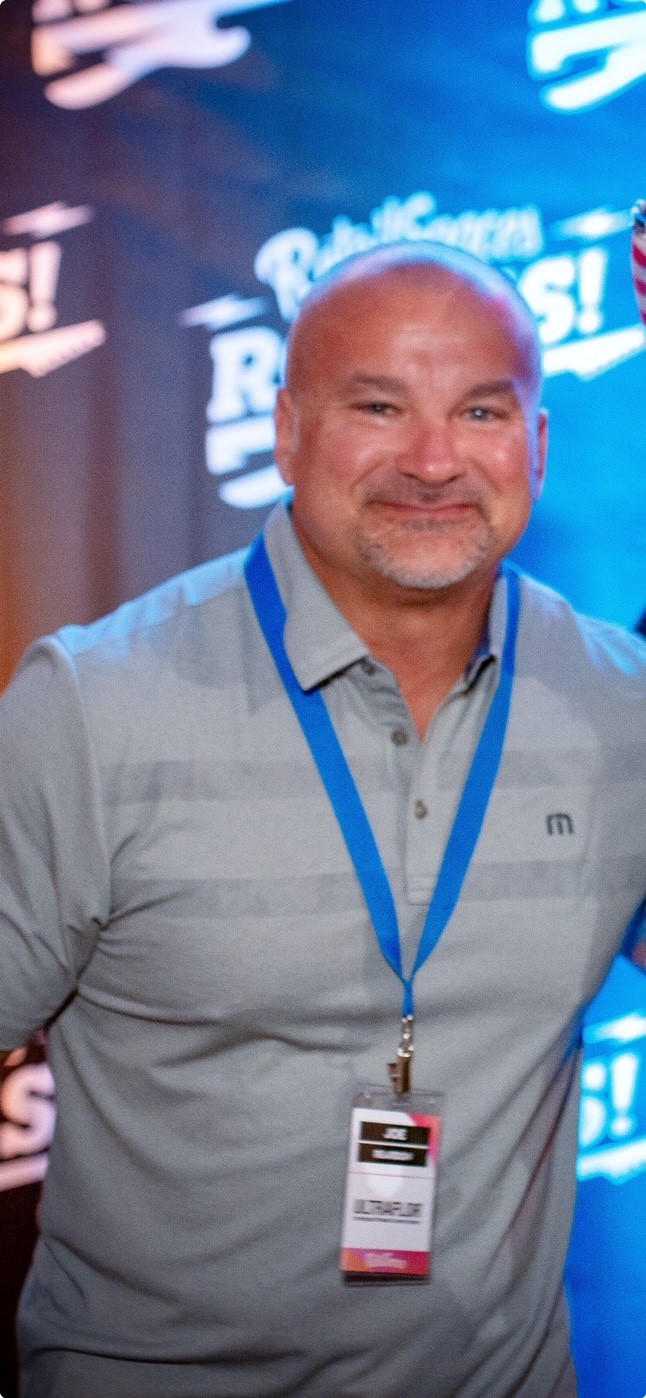
Joe Reardon
Director of Strategic Accounts, Cyclone Technologies
Joe Reardon has been in the surface prep industry for over 30 years. He has worked for the leading manufacturers in roles from President, Vice President and many other roles. He sits on multiple industry committees that help steer the industry guidelines, specifications and processes. As Director of Strategic Accounts for Cyclone Technologies, Joe helps support both field operations and heads up the development of global accounts. Cyclone is the world leader in deep surface cleaning of all hard surfaces.
Session Title:
CY 5000 Deep Hard Surface Cleaning Machine
Abstract:
IN this session, attendees will be introduced to Cyclone Technologies and the CY 5000 DEEP hard surface cleaning machine. Cyclone is based in Tempe, AZ with 100% of its manufacturing in the USA. The CY 5000 machine is the ONLY heated, 5000 psi FULLY recovering machine in the world. The CY 5000 boasts a 34 inch cleaning path that is 100 % contained within the full loop system. Th CY 5000 can clean any hard surface including concrete, Asphalt, pavers, sports tracks, parking garages and can also be used for spill recovery. Th CY 5000 comes with a hand held wand and a curb cleaner.
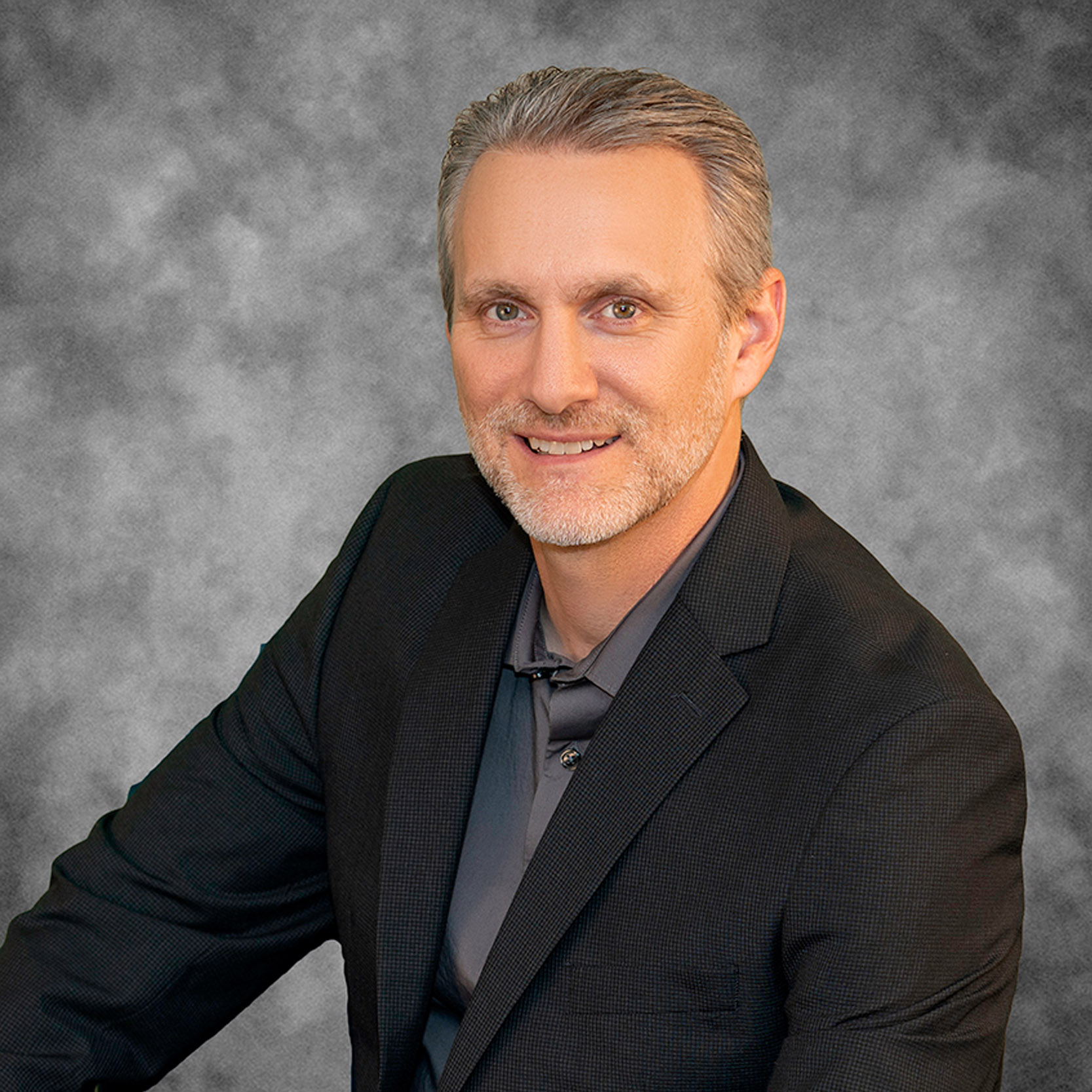
Alan Craigo, P.E., BECxP, CxA+BE
Senior Project Manager, Gale Associates, Inc.
As a Senior Project Manager in Gale’s Building Enclosure Design and Consulting Group, Alan Craigo provides specialized design and engineering services for troubled roofing and building enclosure systems from initial project evaluation through final construction and close-out. He also performs multi-facility evaluations and develops roof maintenance/management programs for universities, colleges, K-12, and public and private sector clients.
Session Title:
Building Blocks of Enclosure Evaluation
Abstract:
A major responsibility of university and college facility managers is to maintain their buildings in watertight, energy-conscious, and safe conditions. This means evaluating the building enclosure (roof, walls, windows, waterproofing, and structure) to define and resolve existing issues as well as correcting deficiencies that can become future problems. Whether a facility manager is investigating a moisture intrusion problem themselves or has hired a consultant, a systematic approach can serve as a guide to determining and repairing enclosure issues and deficiencies. The quality of a building evaluation has a direct effect on the ability to develop accurate and complete design documents to repair the issues. This presentation will demonstrate that a thorough evaluation and implementation of proactive repairs can extend a building’s service life and minimize expenses during construction.
